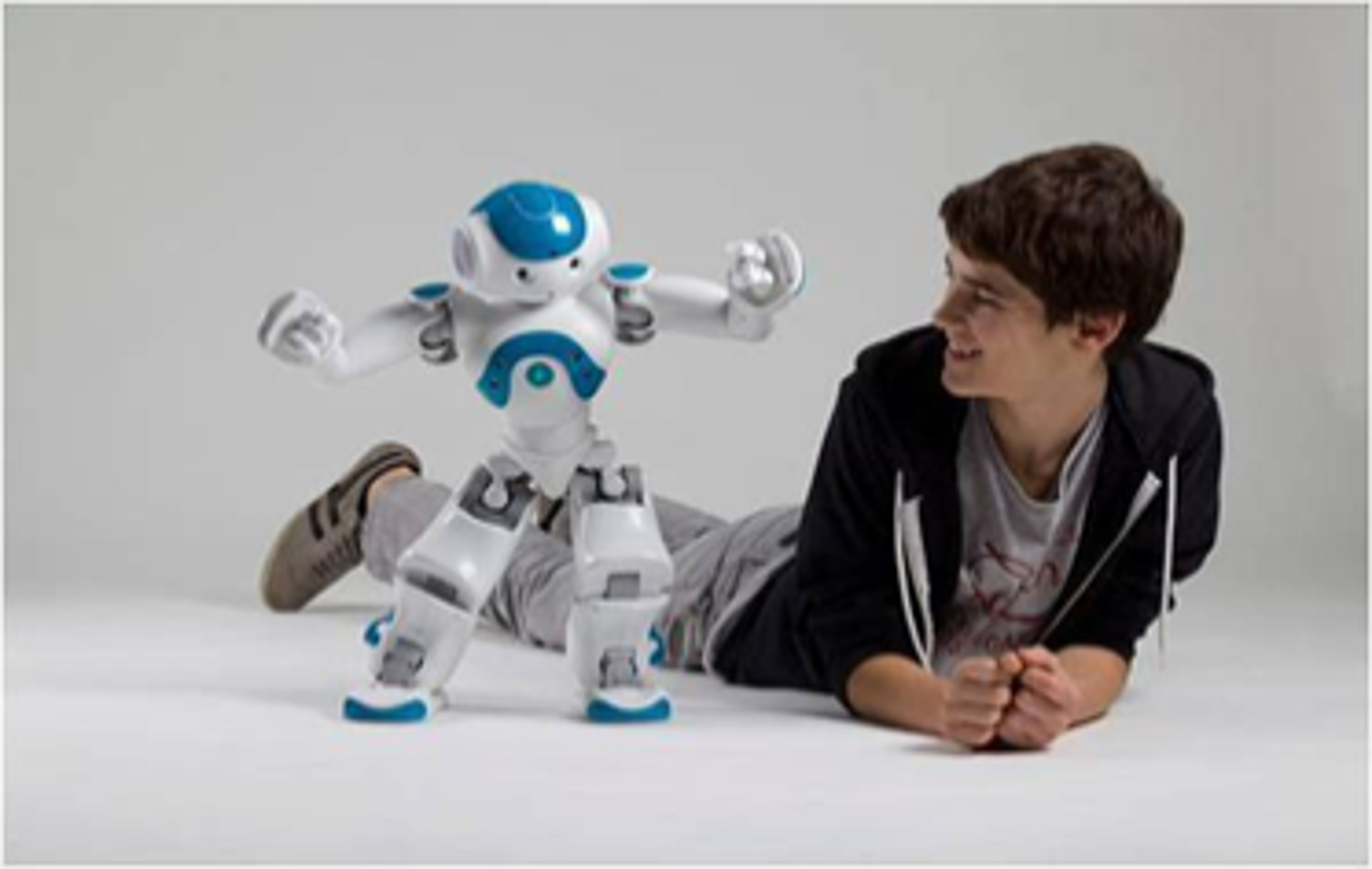Researching Ethics and Impact of a Digitalized Health
What will be the impact of a novel method, process or technology in the health sector? How can we a speed up Technology Assessment to bring it close to the cycles of technological development? Is it ethically o.k. to incentive behavior change, and what instruments are o.k. in general from a moral perspective? And if we have identified them, how can we design and implement behavior change and just-in-time digital interventions.
How will our future health technology and the way we deal with them impact our life. KIT with its Reallabore and the KD2Lab is especially strong in evaluating research and innovation outcome. Technology assessment is a research field that is almost automatically associated with KIT in Germany. Our worldwide renowned competence in experience sampling method and technology shows our excellence standing in the area of assessment and intervention in the area of sports and psychology. Influencing the own medical condition through behavior change is a key to future health, a topic that is strongly researched at KIT. Among others, nudging is a great candidate, which is researched at KIT both from a technological perspective as well as from an organizational and moral perspective. Strong representational data sets are fundamental for doing research in this area, and at KIT we have them with unique datasets e.g. for physical activities. All these build blocks will allow us to perform research of ethics and impact of digitized health with much higher precision and speed, so to keep up with the development in the health sector – and thus to reach both A+ methodological and practical contributions in these research domains.
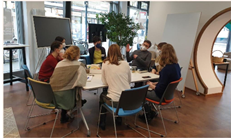
The DaDuHealth project investigates legal and ethical principles and justifications, social contexts, and stakeholder interests regarding the use of health data. It maps and analyzes the collection, access, and use of health-related data at a data integration center of a large tertiary clinical care center. Furthermore, it investigates the circumstances, barriers, social trends, as well as stakeholder and user actions and perspectives regarding data use and access in consumer health technology settings. KIT carries out a subproject that focuses on actions (i.e. the behavior and the meaning assigned to it) of health technology users who upload data generated by these technologies to online portals.
Link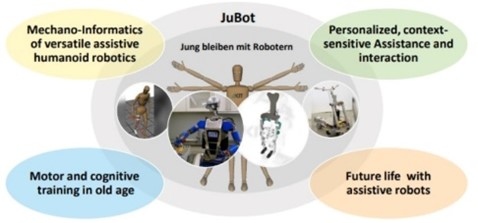
In the JuBot project, a new generation of KIT’s humanoid ARMAR robots will be developed that can take over everyday tasks in the household as well as wearable robots – also called exoskeletons – that do not only support personal mobility of elderly people, but also enable specific training of motor and cognitive skills. KIT researchers in robotics, artificial intelligence, human-machine interfaces, IT security, engineering, sports sciences, architecture, and technology assessment are jointly working on this project.
Link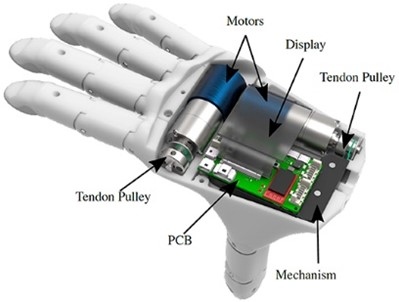
The INOPRO project investigated ways to produce intelligent prostheses and ortheses that actively adapt to user needs, help improve quality of life and enable intuitive communication between device and user. KIT led one of the three main sub-projects and a cross-cutting sub-project on ethical, legal, societal and user acceptance aspects.
Link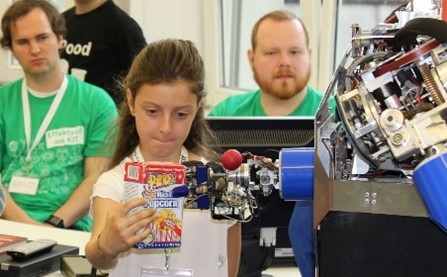
The Real-world Lab ‘Robotic Artificial Intelligence’ looks at the demand side, the societal needs for robotic AI, involving a wide range of potential users, beneficiaries, and disadvantaged persons of AI technologies of all ages who get in close contact with KIT researchers, jointly develop possible application scenarios, discuss the respective possibilities, limits, and risks of robotic AI technologies, and conduct experiments under real conditions in the sense of feasibility studies in different scenarios at different institutions in Karlsruhe with diverse user groups, including a clinic (the Städtische Klinikum Karlsruhe, SKK).
Link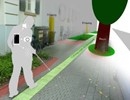
The TERRAIN project aimed at developing and testing a portable, electronic assistance system to extend the range of motion for blind and partially sighted people. In addition to technology development, KIT did technology assessment research during the entire process, with particular focus on ethical and social aspects of the technologies and with intensive participation of users and other citizens and stakeholders.
LinkProjects
Change Behavior, Ethical Behavior and Gender Equality in Health (Nieken)
Representative, national data on physical activity, fitness and health in children and adolescents (Woll)
Designing digital intervention for health behavior (Jekauc)
Just-in-time adaptive interventions (Ebner-Priemer)
AI Space for Intelligent Health Systems (KI-SIGS) (Coenen, Maia)
Autonomous mobility for blind and visually impaired people in the urban space through audio-tactile navigation (TERRAIN) (Stiefelhagen, Weinberger)
Data Access and Data Use in Medical Institutional and Consumer Health Settings. An Ethical, Legal, and Social Analysis (DaDuHealth) (Coenen, Maia, Weinberger)
The Future of the Body in the Light of Neurotechnology (FUTUREBODY) (Coenen, Grunwald, Maia)
Intelligent Orthotics and Prosthetics (INOPRO) (Asfour, Coenen, Maia)
Real-world Lab ‘Robotic Artificial Intelligence’ (Asfour, Grunwald, Maia, Ott, Waibel, Weinberger)
Staying young with robots (JuBot) (10+ KIT institutes)

